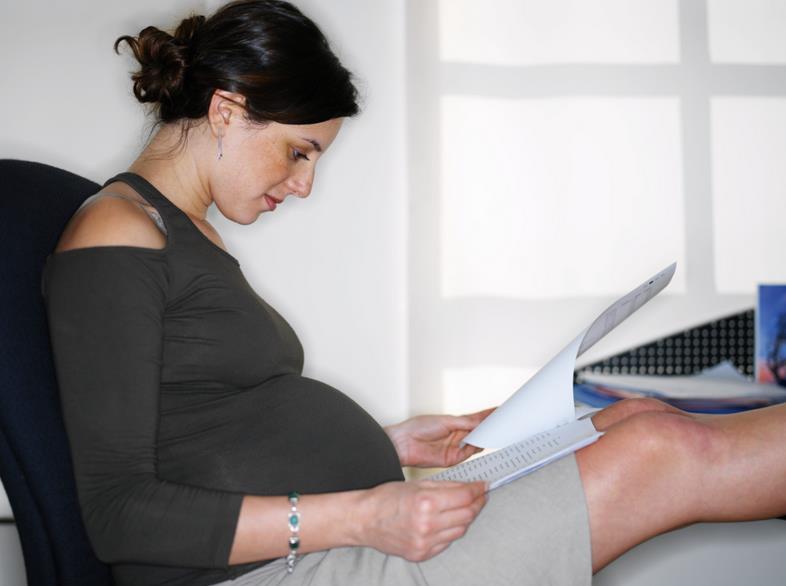Maternity Leave Directive Back in European Parliament
Published:
The EU maternity leave directive is back in the European Parliament. The newly-elected FEMM Committee in the European Parliament had a first discussion on amending the directive in their first meeting in September 2014. Contrary to the European Commission's proposal to withdraw the proposed maternity leave directive earlier this year, the European Parliament has decided to take it up again in this legislature. Before the proposed withdrawal of the directive was discussed in Parliament in July, many MEPs, trade unions and the European Women's Lobby had demanded that the Commission and the Council of Ministers resume talks on the controversial directive.
The directive in question foresees to extend the minimum length of maternity leave from 14 to 20 weeks. At the moment, current legislation provides for a minimum of 14 continuous weeks' maternity leave in the European Economic Area, so the directive would make a positive difference to millions of women and their families. In addition, the directive seeks to strengthen the rights of pregnant workers concerning dismissal.
In the upcoming months, the European Parliament will now have to adopt a new position on the maternity leave directive which is more likely to find acceptance by the member states. While the directive passed Parliament in 2010 with a large majority of MEPs voting in favour, several member states blocked the directive in the Council of the European Union (Germany, UK, Czech Republic, Denmark, Estonia, the Netherlands, Slovakia and Sweden).
In the past, member states opposing the maternity leave directive were concerned about what they regard as the adoption of maximum - not minimum - EU standards, the lack of flexibility of the proposal to accommodate the various maternity leave systems that exist throughout the EU; as well as the financial consequences of providing a guarantee of 20 weeks on full pay.
The draft directive meets the standards of the International Labour Organisation (ILO), which recommends 18 weeks of maternity leave with full payment and protection for women workers when returning from maternity leave.
ETUCE will closely follow the discussions in the European Parliament.